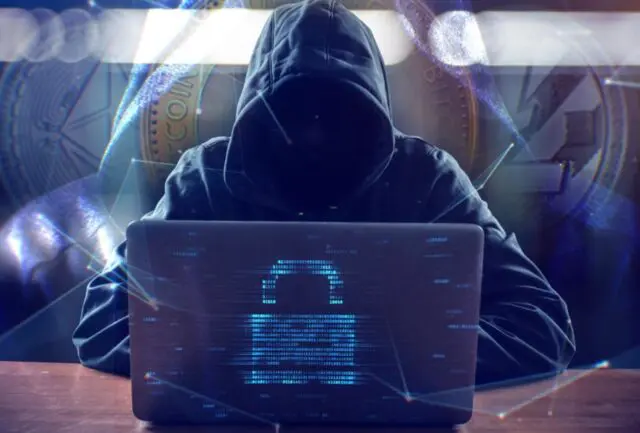There is a certain amount of danger associated with the new digital monetary mechanisms known as bitcoin as soon as you become engaged in them. And no, we’re not referring to market volatility. Cryptocurrency exchanges are no exception to the rule. If you’re thinking about making an investment in a cryptocurrency business or exchange, you should be aware of the risks. The firm should be backed by genuine individuals. It’s much more important to consider cryptocurrency scams and how to avoid them or your selection if the company in question lacks some of these criteria. Here’s a look at some of the most popular bitcoin scams and how to prevent becoming a victim.
Imposter Websites: Even if you accept sound advice from a knowledgeable source, accessing a bogus website by mistake might lead to a disastrous outcome. Think carefully if you see a little lock symbol near the URL bar and no “https” in the site address. Even though the site you believe you’re visiting looks just like the one you expect, you may be sent to a different payment platform.
Mobile Apps That Are Not Real: Scammers often use bogus applications available for download from Google Play or the Apple App Store to defraud bitcoin investors. In spite of the fact that stakeholders can typically rapidly detect and delete these fraudulent applications, the apps nonetheless harm numerous bottom lines. According to Bitcoin News, thousands of individuals have already downloaded fraudulent bitcoin applications. A bigger danger for Android users, but all investors should be aware of this.
Negative Posts on Twitter and Other Online Platforms: You can’t be confident that the profiles you follow on social media aren’t fake if you’re following celebrities or business leaders. Malicious, impersonating bots are also common in the cryptocurrency world. Offers from Twitter or Facebook should not be trusted, particularly if the outcome seems to be unattainable. Fake accounts are all over the place. Anyone who asks for even a modest quantity of bitcoin on these networks is likely to get their hands on it and never return it. Don’t assume that just because other people are responding to your offer that they aren’t also bots. Extra caution is required.
Email Scams: Even if the email seems to be from a reputable cryptocurrency organization, you should exercise caution before transferring any of your digital money. The logo and branding should be the same on both emails, right? Is it possible to confirm the email address’s connection to the business? One of the advantages of dealing with a firm that employs actual people is the chance to check on this. Fake ICOs, or initial coin offerings, are commonly announced by scammers as a method to steal large sums of money. Fake email and website offers are out there, so don’t fall for them! Give yourself plenty of time to thoroughly review everything. Cryptocurrency may be mined or stolen in a variety of methods, some of which are unfortunately common on the Internet.
Assuring the Security of Your Personal Data
The bitcoin project or platform that is being used in the fraud should also be notified. The individual who attempted to swindle you may be warned about by alerting the group administrator if you are contacted through message or social media. If you’re tricked into handing up your personal information or money, the criminal is using social engineering. For victims, there may be little remedy since bitcoin transactions cannot be reversed. Even more of a reason to use extreme caution. You may want to consider identity theft protection services that notify you if your personal information is compromised.
Avoiding Cryptocurrency Scams
What can you do to avoid cryptocurrency scams? The following points should be taken into account before making a large investment into cryptocurrencies such as Bitcoin, Ethereum, or any other digital currency. Don’t believe anything you hear. If a claim about an investment seems too good to be true or promises an immediate windfall, you should investigate it further. As far as I could tell, the hack of the 2020 Twitter account had all the makings of a fraud. Never put your faith in anybody who approaches you personally and requests bitcoin payments or offers you an “investment opportunity,” whether they be government officials, celebrities, or strangers. A cold wallet is the only place where you should keep all of your cryptocurrency wallet’s private keys and seed phrases.
